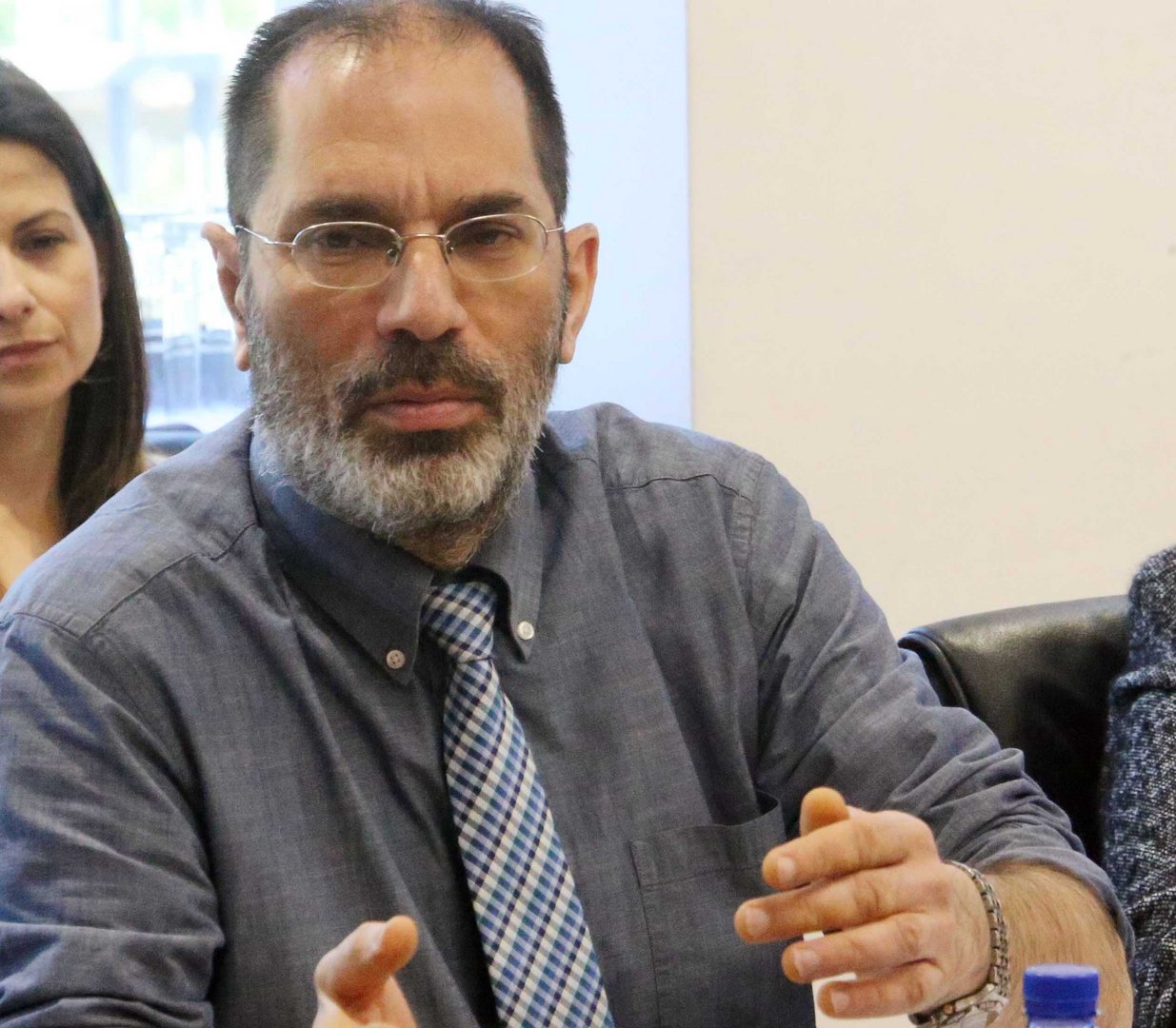The audit service plays a key role in fighting corruption even though this is not under its responsibilities, Auditor General Odysseas Michaelides told university students interning at the parliament on Friday.
In his lecture on the mission and the role of the audit service, Michaelides clarified that he has no way to interfere with the executive power, delay or block any government decision.
“The sole power of the Audit Office is to conduct the audit and make its reports public. It has no power to impose an opinion, its only power is its voice,” he said.
But he said control is important, stressing that the existence of a statutory financial control institution is a basic element of the democratic constitution and an expression of the need for transparency and accountability of those who manage public money. The Audit Service might not be one of the three powers (Executive, Legislative, Judicial), but is an insurance policy for the control of the Executive Power, as is the Parliamentary Control, he said.
Michaelides then noted that preventing and detecting corruption is not a responsibility, nor is it the focus of the Audit Office’s audits, as it does not conduct audits aimed at uncovering cases of corruption. However, he added that a proper system of internal checks and balances and external audit enhances transparency and accountability.
Hence, as a fundamental institution for promoting transparency in public administration and governance, the Audit Services play a key role in the fight against corruption, even if preventing and uncovering corruption is not their responsibility.
Referring to “zero tolerance for corruption” the AG said that if an auditor detects corruption or other forms of fraud, he [or she] must immediately inform his [or her] supervisor.
He also presented the framework and the philosophy of the operation of the Cyprus’ service, which, as he said, are based on principles and values that date back to the period of antiquity, and even more so on modern standards and conventions that are applied internationally and determine the action of audit services worldwide.
According to the AG, relevant resolutions of the United Nations General Assembly have emphasised the important role of audit services in promoting efficiency, accountability, effectiveness and transparency in the activities of public administration. They also recognized that audit services can perform their duties objectively and effectively only if they are independent of the audited entity and protected from external influence, he said.
Regarding the relationship between the Audit Services and the Parliamentary Audit Committees, the Auditor General referred to the Lima Declaration, which provides the independence of a country’s supreme audit institution must guarantee a very high degree of initiative and autonomy. This is the case even in countries where the institution is an organ of parliament and acts on its instructions. He noted that the audit institution should report its findings to parliament and that its reports should be published to ensure their wide dissemination and to enhance the opportunity to implement the institution’s recommendations.
To the question on who controls the Auditor General, Michaelides said that apart from INTOSAI international standards and peer reviews from time to time by peer agencies of other countries, the Auditor General, as an independent officer, is subject to full parliamentary scrutiny. He explained that Parliamentary Committees have the power to request information from him to assist them in the performance of their work and to which the Auditor General is required to produce any information requested.
Furthermore, since 2016, the financial statements of the Audit Office have been audited by a private auditor appointed under the Auditors Act. This practice, he noted, is not dictated by any legislation, but is done voluntarily by the Audit Office in the context of transparency.
Regarding the types of audits conducted by the Audit Service, Michaelides said that these currently include financial, management, technical and environmental audits, as well as compliance audits, and where appropriate, audits are conducted in advance to maximise the benefit of public expenditure.
He also clarified, as regards the staffing process of the service, that now the officials hired for the financial audit part of the service must be members of a recognised audit body.







Click here to change your cookie preferences